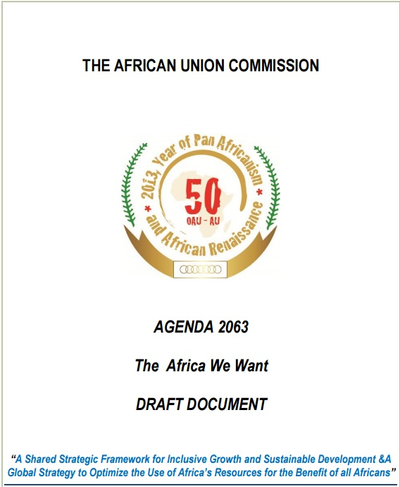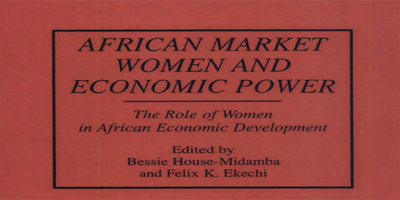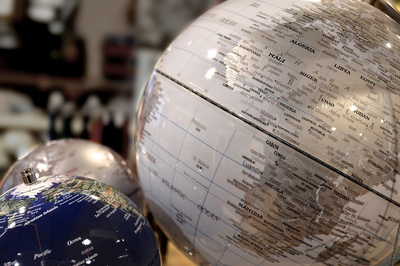A lack of financial support for Africa’s power generation needs has several negative ramifications for the continent, with the most significant one being that it stalls Africa’s long-term economic development and growth, according to a recent McKinsey report.
Although the African continent is well-resourced with fossil fuels and renewable energy resources, most countries in Sub-Saharan Africa have electrification levels below 30%. Only seven countries – Cameroon, Gabon, Ghana, Cote d’IVoire, South Africa, Namibia and Senegal have electricity access rates that exceed 50%. At a grass-roots level, there are still 600-million people in Africa who lack reliable access to electricity and this means that school children are unable to read after dusk, clinics cannot stock medication that needs refrigeration and small businesses cannot do business after sunset.
It is for these reasons that GE Africa and the United States African Development Foundation (USADF) relaunched their partnership for a 2017 Off-Grid Energy Challenge aimed at African women-owned and managed energy enterprises and innovations. Since 2013, GE has partnered with the USADF to fund $5-million in awards resulting in 50 African energy entrepreneurs levering this to power communities living beyond the power grid.
The Off-Grid Energy Challenge is part of Power Africa’s Beyond The Grid initiative, which aims to drive private investment in off-grid and small-scale renewable energy solutions. The idea is also to highlight the need to support technologies being developed by African women innovators and leaders who have lower access to finance than men in many African countries where energy poverty disproportionately affects women. With high rates of health-related problems from smoke and indoor pollution, women have the most to gain from renewable and affordable off-grid energy solutions.
President and CEO of GE Africa, Jay Ireland, said: “I continue to be excited about the incredible innovation and entrepreneurship that is happening across the continent. GE has a rich history in Africa and we are committed to continue investing on the continent. We are very pleased to be a part of this challenge to help identify and accelerate projects that will help African women entrepreneurs to compete in the global economy.”
Read more: All Africa GE Africa and The USADF Launch 2017 Off-Grid Energy Challenge For Women in Energy
Photo credit: Photo: Morgana Wingard, USAID



